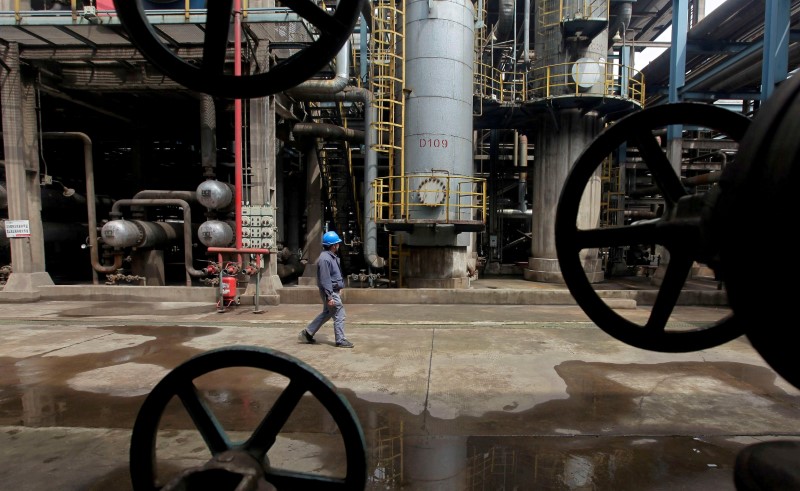Investing.com -- Crude oil and diesel prices have shown measured gains but remain confined within a tight trading range, according to analysts at Citi Research.
Brent crude has hovered between $71 and $74 per barrel, shaped by a complex interplay of geopolitical developments and economic dynamics.
Key drivers include the Russia-Ukraine conflict, where escalation and ceasefire overtures coexist, and Middle East tensions, with Iran signaling willingness to limit uranium enrichment, raising hopes for a renewed nuclear deal.
The Russia-Ukraine war continues to influence market sentiment. Recent missile strikes by Ukraine and Russia's increasing nuclear rhetoric heighten supply disruption risks.
However, Russia's suggestion of potential ceasefire talks, especially as the U.S. transitions to a new administration under President-elect Donald Trump, has introduced a counterbalancing factor of potential de-escalation.
In Asia, China’s announcement to cut export VAT rebates for oil products from December could dampen its refined product exports.
This policy change is expected to tighten regional supply, potentially supporting Asian refinery margins. Short-term, Chinese refiners may push exports to capitalize on current rebates, but beyond that, domestic market pressures could lead to lower runs and weaker export flows.
Diesel prices have been supported by global supply constraints. European refinery maintenance and reduced flows from Russia, compounded by logistical risks tied to military actions, have contributed to higher diesel cracks and prices.
Additionally, natural gas prices, which disproportionately affect hydrocracking margins, are straining production in some markets.
The pull of Latin American demand and a stronger East Asian market, driven by South Korean and Chinese output reductions, are also pushing prices upward.
Market activity reflects a cautious but neutral stance. Financial positioning in oil futures has stabilized, with money manager net length for Brent and WTI remaining consistent after recovering from earlier short positions.
Indicators such as relative strength indexes and moving averages point to a rangebound market. Meanwhile, geopolitical risks tied to supply disruptions in the Middle East and Russia contrast with bearish potential from policy shifts in the U.S. and OPEC+ production adjustments.
On the supply front, global crude inventories have seen a slight drawdown, while refined product stocks have risen modestly.
These trends, combined with mixed signals in demand and production, further reinforce the outlook for constrained price movements.
Citi Research concludes that crude and diesel prices are unlikely to break out of their current range in the near term.
While geopolitical and supply-side risks remain elevated, economic uncertainties and the possibility of policy shifts under the incoming U.S. administration are acting as counterweights, keeping markets in a holding pattern.
